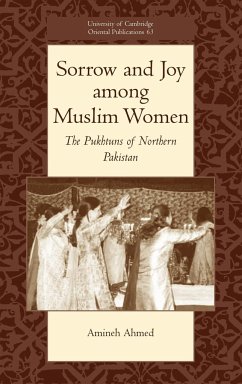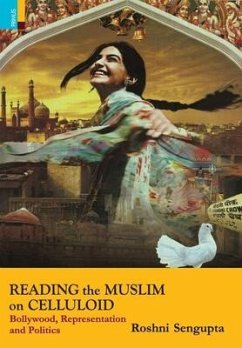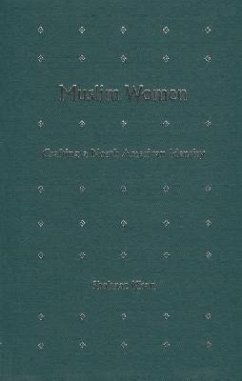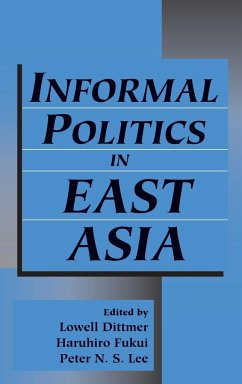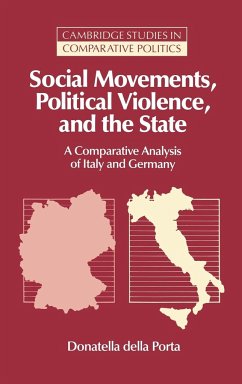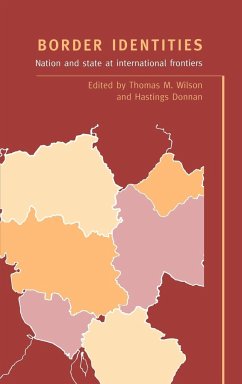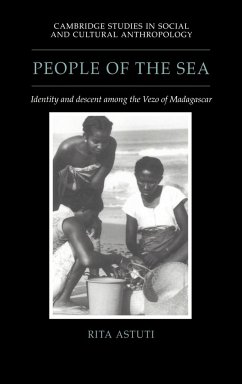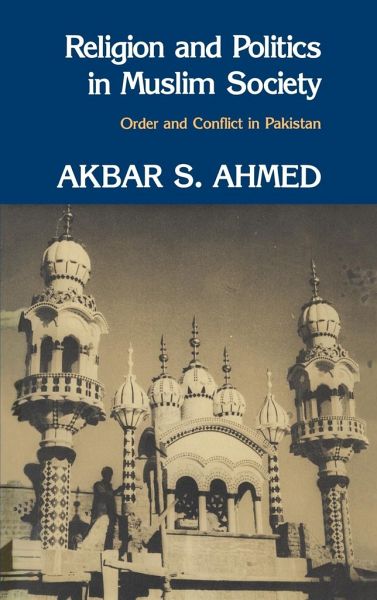
Religion and Politics in Muslim Society
Order and Conflict in Pakistan
Versandkostenfrei!
Versandfertig in 1-2 Wochen
103,99 €
inkl. MwSt.

PAYBACK Punkte
52 °P sammeln!
This analysis of Muslim unrest is based on an extended case study of northwestern Pakistan. Professor Ahmed examines power, authority, and religious status as the critical intermediary level of society: that of the district or Agency, which was the key unit of administration in British India. Amhed has joined his insights as anthropologist with his experience as a political agent in Waziristan to produce an innovative and detailed work. The book focuses on the emergence of a mullah in Waziristan who challenges the state. A religious leader's challenge of the state is not new; but contemporary ...
This analysis of Muslim unrest is based on an extended case study of northwestern Pakistan. Professor Ahmed examines power, authority, and religious status as the critical intermediary level of society: that of the district or Agency, which was the key unit of administration in British India. Amhed has joined his insights as anthropologist with his experience as a political agent in Waziristan to produce an innovative and detailed work. The book focuses on the emergence of a mullah in Waziristan who challenges the state. A religious leader's challenge of the state is not new; but contemporary Muslim society's widespread concern over these conflicts reveals that the influence of religion in a traditional society undergoing modernization is greater than many scholars have assumed. The author identifies three types of leaders: traditional leaders, usually elders; representatives of the established state authority; and religious functionaries. From this analysis he constructs an 'Islamic district paradigm,' which he uses not only in making sense of contemporary Muslim society, but also in understanding some aspects of the legacy of the colonial encounter.
Table of contents:
List of maps and figures; Preface; Abbreviations; Part I. Introduction: 1. Models and methods; 2. Waziristan: land, lineage, and culture; 3. History as an expression of agnatic rivalry; Part II. Observation: 4. Strategy and conflict in Waziristan; 5. Order; ideology, and morality in Waziristan; 6. Economic development and reinforcement of ideology in Waziristan; Part III. Participation: 7. The anthropologist as political agent; 8. The political agent as anthropologist; 9. Islam and segmentary societies: the problem of definition; Appendixes; Notes; References; Glossary; Index.
Table of contents:
List of maps and figures; Preface; Abbreviations; Part I. Introduction: 1. Models and methods; 2. Waziristan: land, lineage, and culture; 3. History as an expression of agnatic rivalry; Part II. Observation: 4. Strategy and conflict in Waziristan; 5. Order; ideology, and morality in Waziristan; 6. Economic development and reinforcement of ideology in Waziristan; Part III. Participation: 7. The anthropologist as political agent; 8. The political agent as anthropologist; 9. Islam and segmentary societies: the problem of definition; Appendixes; Notes; References; Glossary; Index.





